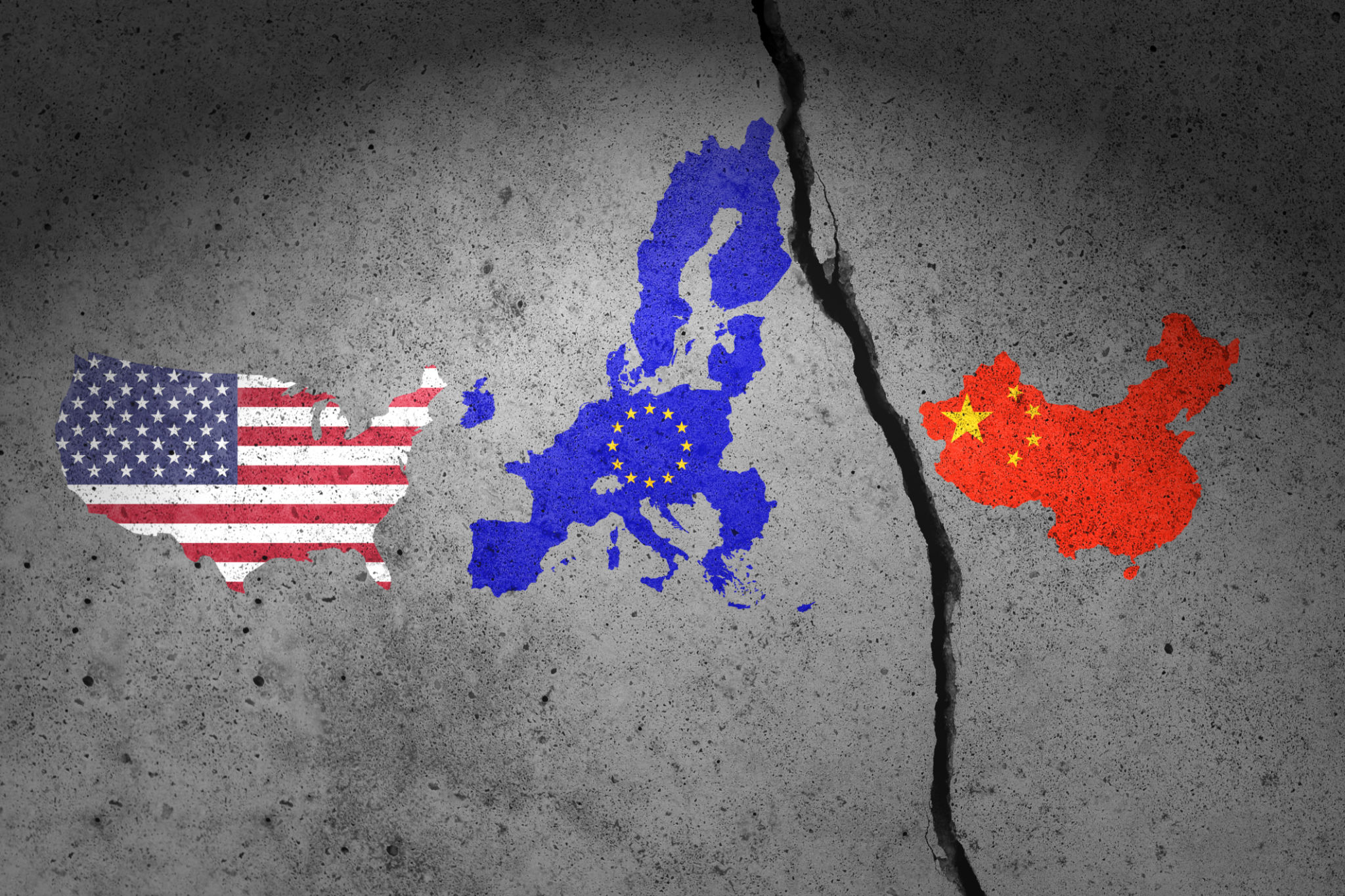Behind the Scenes: Organizing a 10-Hour Urban Culture Festival
Introduction to the Urban Culture Festival
Organizing a 10-hour urban culture festival is no small feat. It requires meticulous planning, a strong team, and a passion for celebrating the vibrant tapestry of city life. From art installations to live music performances, every element of the festival must be carefully coordinated to ensure a seamless experience for attendees.

Planning and Coordination
The first step in organizing such a large-scale event is the initial planning phase. This involves setting clear objectives and goals for the festival. The team begins by deciding on a theme that will resonate with the urban audience and reflect the unique aspects of city culture. Once the theme is established, it's time to dive into logistics, including venue selection, date, and time.
Coordination with city officials and obtaining the necessary permits are crucial to ensure compliance with local regulations. This process can take several weeks, so it's important to start early. Additionally, having a comprehensive schedule that outlines each aspect of the festival helps to streamline operations and ensure that nothing is overlooked.
Building a Diverse Lineup
One of the most exciting aspects of an urban culture festival is the lineup of performers and artists. The goal is to create a diverse mix that reflects the eclectic nature of city life. This means reaching out to local musicians, street performers, visual artists, and food vendors who can contribute to the vibrant atmosphere of the event.

To curate a compelling lineup, the team collaborates with cultural organizations and community leaders to identify talent that aligns with the festival's theme. This process not only involves selecting artists but also negotiating contracts and coordinating schedules to ensure everyone has ample time to shine.
Logistics and Operations
Behind every successful festival is a well-oiled machine of logistics and operations. From setting up stages and sound systems to arranging security and medical services, every detail must be accounted for. A dedicated logistics team works tirelessly to manage these moving parts, ensuring that the festival runs smoothly from start to finish.

Transportation and crowd management are key considerations, especially for urban festivals where space may be limited. Coordinating with public transit authorities and providing clear signage can help attendees navigate the event safely and efficiently.
Marketing and Promotion
No festival can succeed without effective marketing and promotion. The marketing team employs a multi-channel strategy to reach potential attendees, utilizing social media platforms, local press, and community partnerships to spread the word. Engaging visuals, compelling storytelling, and interactive content are used to build anticipation and drive ticket sales.
In addition to digital marketing, grassroots efforts such as street teams distributing flyers and posters in key areas help generate buzz within the local community. Early bird ticket offers and exclusive promotions can also encourage early engagement from festival-goers.

Day-of Coordination
The day of the festival is where all the planning comes together. A central command center is established to oversee operations and address any issues that arise. Volunteers play a crucial role in assisting with various tasks, from guiding attendees to managing artist relations.
Real-time communication is essential for day-of coordination. Walkie-talkies, mobile apps, and regular team briefings ensure that everyone is on the same page and can respond quickly to any changes or emergencies.
Conclusion: Celebrating Urban Culture
Organizing a 10-hour urban culture festival is an immense undertaking that requires dedication, creativity, and collaboration. By bringing together diverse elements of city life—from art and music to food and community engagement—these festivals provide a unique platform to celebrate urban culture in all its forms. As the final notes play out and the crowds disperse, the satisfaction of having successfully orchestrated such a vibrant event makes all the hard work worthwhile.